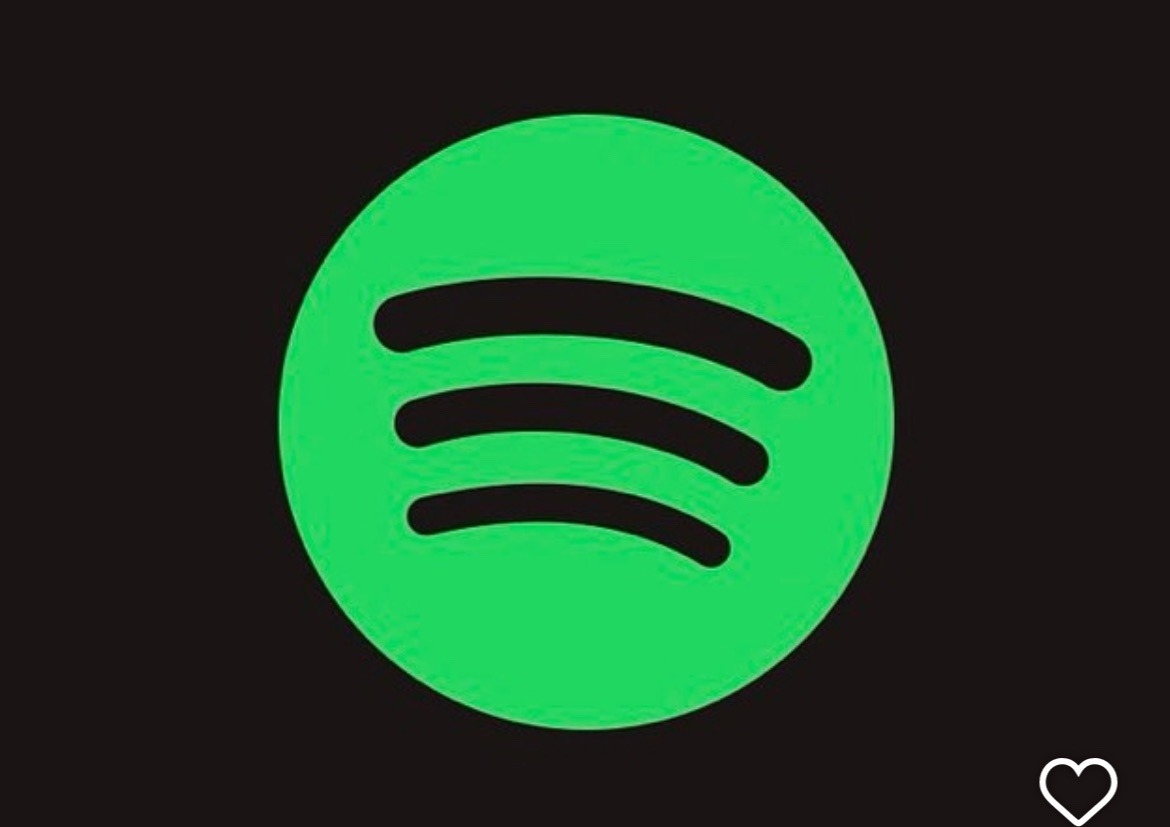Spotify has just rolled out a major update that changes the way millions of free users listen to music. For years, free accounts were limited to shuffle mode, forcing listeners to skip through songs until they landed on the one they wanted. That restriction is now lifted, giving free listeners more control over their music experience.
This change has started rolling out globally, including in Nigeria, and it’s already sparking conversations among music lovers.
What Has Changed for Spotify Free Users?
The most important change is simple: you can now play the exact song you want. Free users are no longer restricted to shuffle-only listening when exploring playlists, albums, or search results.

Here’s what you can now do on the free plan:
- Tap and play any track from an album or playlist.
- Search for a song and play it directly.
- Open a shared link to a track and start listening immediately.
This makes the free plan feel much closer to the premium experience, though with some limits still in place.
Are There Any Restrictions Left?
Yes, there are still some limits for free listeners, even with this big change. Spotify gives free accounts a certain amount of on-demand time per day. That means you can only pick and play songs for a set period before restrictions kick back in.
Once that time runs out:
- You’ll go back to the traditional shuffle experience.
- Skip limits will apply, with a maximum of six skips per hour.
- Higher audio quality and offline listening remain locked for premium users.
Spotify hasn’t publicly shared the exact number of minutes free users get daily, and it may vary by country.
Does This Update Apply in Nigeria?
Yes. The update is rolling out worldwide, and Nigerian free users are included. This means listeners in Port Harcourt, Lagos, Abuja, and everywhere else in the country can now open Spotify and start playing their favorite tracks directly.
It’s worth keeping an eye on whether the daily on-demand time in Nigeria differs from other regions. Early reports suggest that the feature works the same everywhere, but the exact limits could still be adjusted locally.
Why Did Spotify Make This Change?
Spotify’s free plan has always been designed to introduce new listeners to the app while encouraging upgrades to premium. By allowing more freedom for free users, Spotify increases user satisfaction and attracts more people who may eventually decide to pay for additional benefits like offline playback, ad-free listening, and unlimited skips.
The change also helps Spotify stay competitive. Other music platforms like Audiomack, Boomplay, and YouTube Music already allow free users to play specific tracks. Opening up this flexibility keeps Spotify relevant to listeners who don’t want to be locked behind shuffle.
How Does This Affect Nigerian Music Fans?
Nigeria has one of the fastest-growing music audiences in Africa, and streaming is now a big part of how fans discover Afrobeat, hip-hop, gospel, and local genres. With shuffle-only restrictions removed, it’s now easier for free users to stream exactly what they want—whether that’s the latest Burna Boy album, Rema’s singles, or classic tracks from Flavour and Phyno.
This change makes it easier for artists to get their songs heard in the exact order they intended, which is especially important for album storytelling.
Should You Still Upgrade to Spotify Premium?
Even with this freedom, premium still has major advantages. With a paid subscription you get:
- Unlimited on-demand listening with no daily time cap.
- No ads interrupting your songs.
- Unlimited skips without restrictions.
- Offline playback for when you don’t have internet access.
- Better sound quality.
So, if you stream daily and don’t like limits, premium is still the way to go. But for casual listeners, the new free plan is much more enjoyable than before.
Reported by Anything Celebrity – Nigeria’s hub for entertainment gist and celebrity updates.





